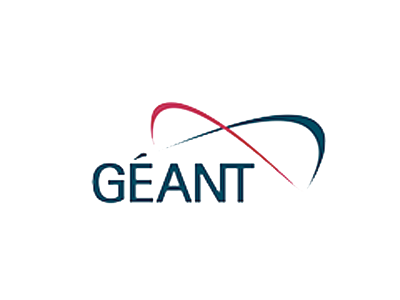
Solving problems in hi-tech environments before they occur
Wouldn’t it be nice to be able to solve problems before they occur? Everybody would probably agree on that. But unfortunately, predicting the future is quite difficult. And it gets even more complicated, when it comes to complex systems, like industrial production lines, wind farms or a fleet of vehicles.
But now a group of European researchers and industry experts have joined forces to build a system of sensors and computers that, through monitoring and analysing, might help us see and solve future problems in high tech environments. The concept is called “proactive maintenance”.
Proactive maintenance is complicated
Enter the Mantis project, supported by the European Union and bringing together 12 countries and 48 partners. Launched in late 2015, Mantis has set out to create a “Cyber Physical System based Pro-active Maintenance Service Platform Architecture enabling Collaborative Maintenance Ecosystems”.
If this sounds complicated to you, there is a reason for that: it is complicated.
Such a system is a vastly complex environment of sensors, actuators, computers and data sources, all connected and intertwined on different levels.
But when completed, the Mantis Collaborative Maintenance Ecosystem could help us in many ways: among other things, predicting maintenance needs, preventing imminent failures, estimating future performance, reducing costs and raising productivity.
The Mantis project brings together researchers from the fields of machine learning, data mining, big data and advanced sensor networks, all working together and exchanging massive amounts of data through European research and education networks.
Testing on wind turbines and fleet management
The researchers will be testing their systems in a variety of use cases. Among others, the Danish wind turbine manufacturer Vestas is providing sensor and actuator data from off shore energy production, for the researchers to process and thereby establishing the best possible maintenance routine.
Dutch consumer electronics manufacturer Philips is contributing large amounts of production and maintenance data from its shaving system factory in Drachten, hoping to gain insights in effective maintenance protocols and better product quality control, including less waste and downtime.
Also, the Automotive Technology branch of industry giant Bosch is participating in the Mantis project to optimize its fleet management, condition monitoring and position fixing for commercial vehicles, expecting maintenance schedules to be organized better, potential malfunction to be detected sooner and uptime to be enhanced.
Reducing CO2 footprint
Not only in regard to competitiveness, but also from a sustainability point of view, there are interesting perspectives to the Mantis service platform. The need for energy and raw materials will be reduced, along with the CO2 footprint, through re-use of components and reduced spare parts consumption.
In addition, repair and overhaul time will be reduced, and life expectancy of ageing factories will increase.
Mantis has set out to develop the maintenance platform of the future for complex industrial environments, learning from the past and looking into the future by analysing vast amounts of data. The project will be running for three years until the end of 2018.
For more information please contact our contributor(s):

